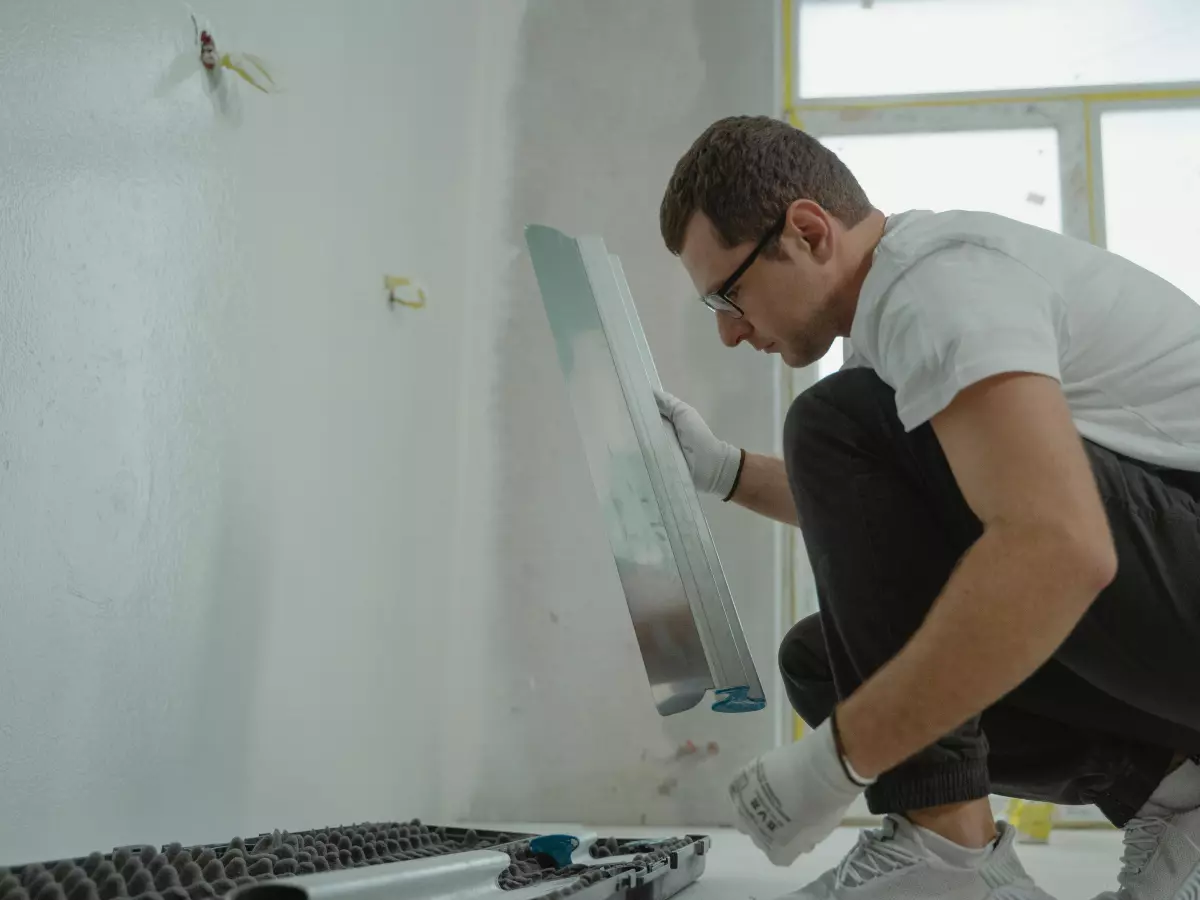Stay Cool
"Heat is the enemy of all electronics." – Gordon Moore, co-founder of Intel

By Sarah Kim
Here's a myth for you: as long as your PC has a fan, you're good to go. It's a common belief, especially among casual users, that any cooling system will do the job. But the truth is, not all cooling systems are created equal, and the way your PC manages heat can make or break its performance.
Let's debunk that myth right now. Your PC's cooling system isn't just about keeping things from melting. It's about optimizing performance, extending hardware lifespan, and even influencing how your system handles demanding tasks. Whether you're gaming, rendering, or just multitasking, heat management is a critical factor.
1. Prevents Thermal Throttling
Thermal throttling is the bane of high-performance computing. When your CPU or GPU gets too hot, it automatically slows down to prevent damage. This means that even if you have the latest, most powerful hardware, poor cooling can cripple your system's performance. A well-designed cooling system ensures that your components can run at their full potential without hitting the brakes.
2. Extends Hardware Lifespan
Heat isn't just bad for performance—it's bad for your hardware's health. Over time, excessive heat can degrade components, leading to premature failure. A solid cooling system can extend the life of your CPU, GPU, and other critical parts, saving you from costly replacements down the line.
3. Boosts Overclocking Potential
If you're into overclocking, you already know that heat is your biggest enemy. Pushing your CPU or GPU beyond its stock speeds generates extra heat, and without a robust cooling solution, you'll hit a thermal wall fast. With proper cooling, you can safely push your hardware to its limits and squeeze every last drop of performance out of it.
4. Reduces System Noise
Ever notice how your PC sounds like a jet engine when it's under load? That's your fans working overtime to cool things down. A more efficient cooling system can reduce the need for high fan speeds, making your system quieter. Liquid cooling, for example, is known for being much quieter than traditional air cooling, giving you peace and performance.
5. Improves Stability During Intensive Tasks
Whether you're gaming, editing videos, or running simulations, your PC is working hard. Without proper cooling, your system can become unstable, leading to crashes, freezes, or even data corruption. A well-cooled PC is a stable PC, and stability is key when you're pushing your system to its limits.
6. Enhances Energy Efficiency
Believe it or not, a cooler system is a more energy-efficient system. When your components run cooler, they require less power to maintain performance. This can lead to lower electricity bills and a greener footprint, especially if you're running a high-powered rig for extended periods.
7. Supports Future Upgrades
Planning to upgrade your PC in the future? A good cooling system is essential for future-proofing. As hardware becomes more powerful, it also tends to generate more heat. Investing in a high-quality cooling solution now means you won't have to worry about upgrading it later when you add more powerful components to your rig.
In the end, your PC's cooling system is more than just a fan or two. It's a critical part of your machine's overall performance and longevity. So, the next time you're building or upgrading your rig, don't skimp on cooling. Your PC—and your future self—will thank you.
Did you know that a PC running 10°C cooler can extend its lifespan by up to 50%? That's a stat worth keeping in mind the next time you're shopping for cooling solutions!





